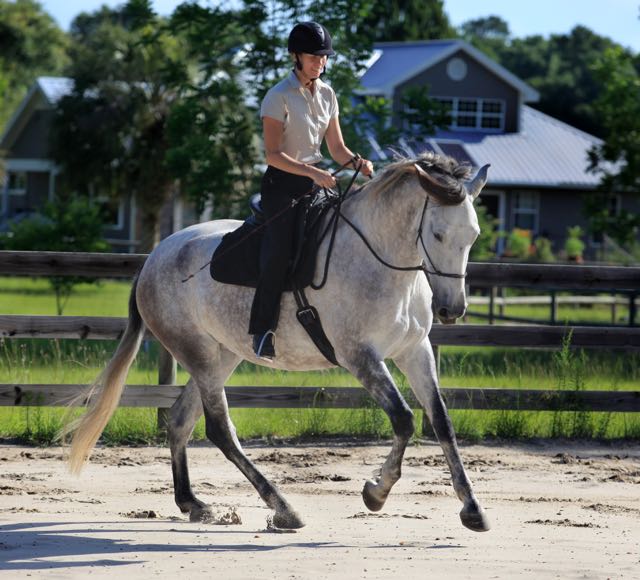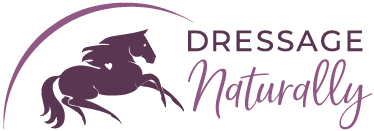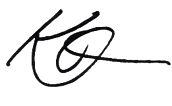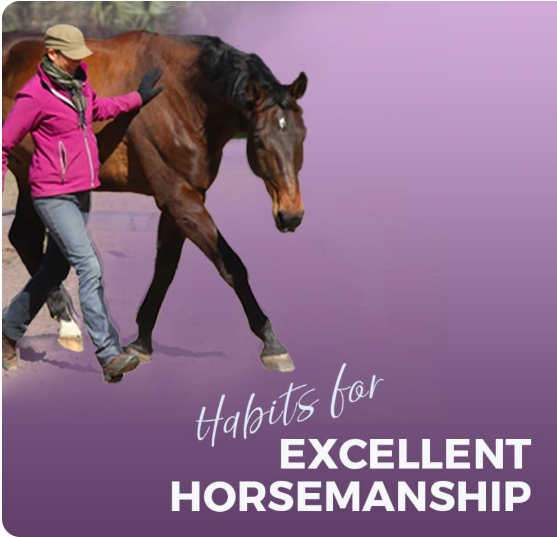OK, here are just some informal, semi-rambling thoughts on something I consciously seek and often achieve in the development of dressage horses... and it still continues to be so satisfying!
The beginning of dressage is all for the horse... Everything we do should be to help the horse find a place to carry us in a relaxed and balanced, pain-free way that will not prematurely break down his body. This stage of training should be fun and self-rewarding in that the horses really do feel the difference.
If there are problems at this stage it usually is physical (pain, injury, we are unbalancing them....) or foundational (something missing in the communication, calmness, trust, or understanding). If all of that beginning stage (the establishing of healthy working gaits) goes well, we continue on and eventually reach a point that is challenging for the horse to do, even if he 'wants' to... meaning he is trying, he does understand, but it is physically challenging. Only the super athletes get to Grand Prix without ever feeling some challenge somewhere...
Dressage is a physical development... It is like pilates or ballet, and it requires some fairly precise abilities to change the way the energy flows through the horse... to change his biomechanical dynamic (remember, dressage is a dynamic, not a shape doing tricks).
 When you do come up to a limit it is so important to use all your senses and to take care of your horse mentally, emotionally, physically. If we miss the first sign of difficulty a second layer comes in and then another... and soon we can find ourselves in a big confusing mess. Weakness can turn into pain which can turn into worry which can turn into spookiness which can turn into speed... What a shame if we deal with the speed by doing more... which just gets them more tired and more weak... and now we have exponentially exasperated the situation. Another example is: Boredom can cause lack of energy which can cause poor posture which causes pain.... And what a shame if we take that horse and now do even less which makes him even more bored and the cycle continues!
When you do come up to a limit it is so important to use all your senses and to take care of your horse mentally, emotionally, physically. If we miss the first sign of difficulty a second layer comes in and then another... and soon we can find ourselves in a big confusing mess. Weakness can turn into pain which can turn into worry which can turn into spookiness which can turn into speed... What a shame if we deal with the speed by doing more... which just gets them more tired and more weak... and now we have exponentially exasperated the situation. Another example is: Boredom can cause lack of energy which can cause poor posture which causes pain.... And what a shame if we take that horse and now do even less which makes him even more bored and the cycle continues!
When I start to sense one of these limits I go into 'hyper-alert' scan for all the clues... I deconstruct the issue, find the very first moment when things change... I try to be as precise as I can in my observations to try to discern the origin and whether it is mental, emotional, or physical. I ask myself what else I can do around the situation where it arises in order to help them through it.
Recently I have been developing a horse through the stage where 'real' collection has to be happening. By 'real' I mean that he can't just cruise through on his good looks ;-) His natural tendencies got him so far, but some deficits in his mechanics were making some movements very difficult for him. He was trying, but it wasn't working...and the solutions he was coming up with were no fun for me! ;-) He knew he wasn't being successful and it stressed him, and then he would get spooky and/or defensive. He didn't like not being successful! I guess it is a blessing and a curse to develop horses so they care about feeling successful... They aren't so good at submitting and tolerating being less than fabulous! (and I wouldn't have it any other way) ;-)
I thought of my own experiences with learning Pilates, yoga, dance, and other physical skills... How very specific my teachers had to be... using crazy analogies to try to get me to find this one little muscle in my body so I could change the angle of some part of my body by a tiny fraction and how it would make the difference between being able to do a move, or having pain/limitation. As dressage trainers we need to be able to do that for our horses through exercises and through how we channel the energy through our bodies.
So for a horse who is really experiencing close to a true limit... It takes a lot of deconstructing, and reconstructing movement patterns. All along the way really watching his mental/emotional state... Even though we may have to deconstruct, maybe you never stop aiming for progress... In other words backing away may not solve it, avoiding it may not solve it... Sometimes we need to go through and come out the other side of our physical task. So we can dance all around the subject, making each ingredient better/stronger/more relaxed, getting close to the movement, then retreating... Everyday schooling as if you would do it, but not doing it if not everything on your checklist is there...
But this is all very normal, effective training strategy... The real reason I am writing this is because I am so fascinated by the horse's mental journey through this and am so happy to have all the partnership 'stuff' with them. I can pay him back for the sessions that were hard that he did 'just because I asked'. I can listen to him when he starts to stress and tell me he is not feeling successful. I can feel when he is reluctant and merely obliging, and most fun of all is I can tell when he is eager. I can tell because I study him always... Even during his grooming I can get clues... When he practically puts the bridle on himself, when he warms up offering what we did the day before, and when... miracles of miracles, he can take something as obscure to a horse as: "jumping uphill in a flying change" and land proud and totally confident in his success.
Dressage in many ways is inherently vague to a horse. The journey is important to humans, but it is the destination that is important to the horse. They 'get': "Go there", but it I don't think they really care about whether they got there in their best shoulder-in or not... So all the time spent getting totally excited when they step on a tarp, put their foot in a bucket, or pick up something, or go sideways over a barrel pays off not only because if they do it we stop asking, not only because it makes us happy and they may get a cookie... But it helps because they get to experience the dynamic of success in a way that is unmistakable to them. They know when their foot is in the tub, they know when they are over that jump...
And when you feel a horse make a qualitative change in how they do something challenging for them, something inherently uninteresting to a horse... and you feel them get excited and proud in the same way they do when they put their foot in that tub, knowing when it was or was not 'cookie worthy'.... It is so satisfying and amazing... At least to me ;-)





